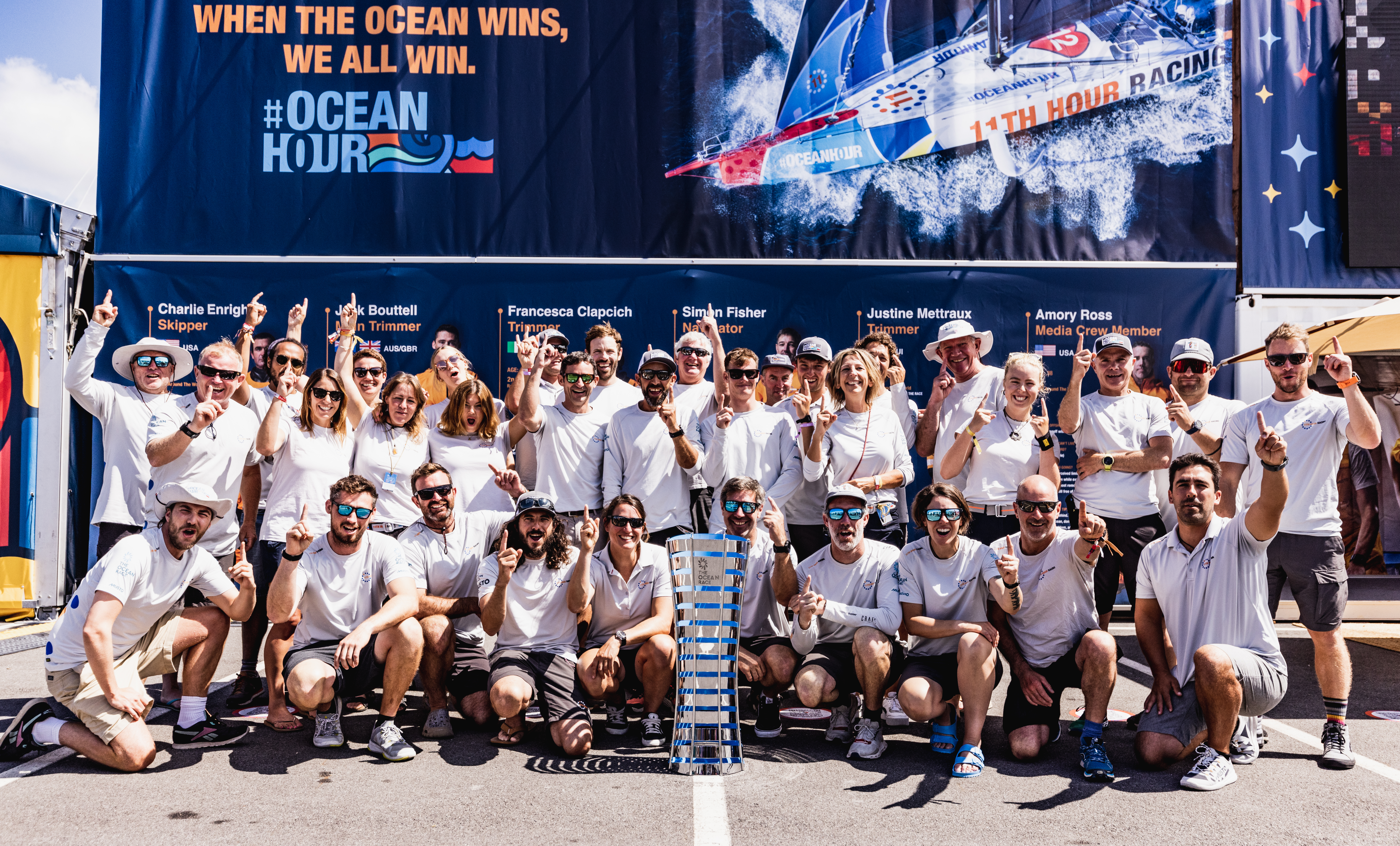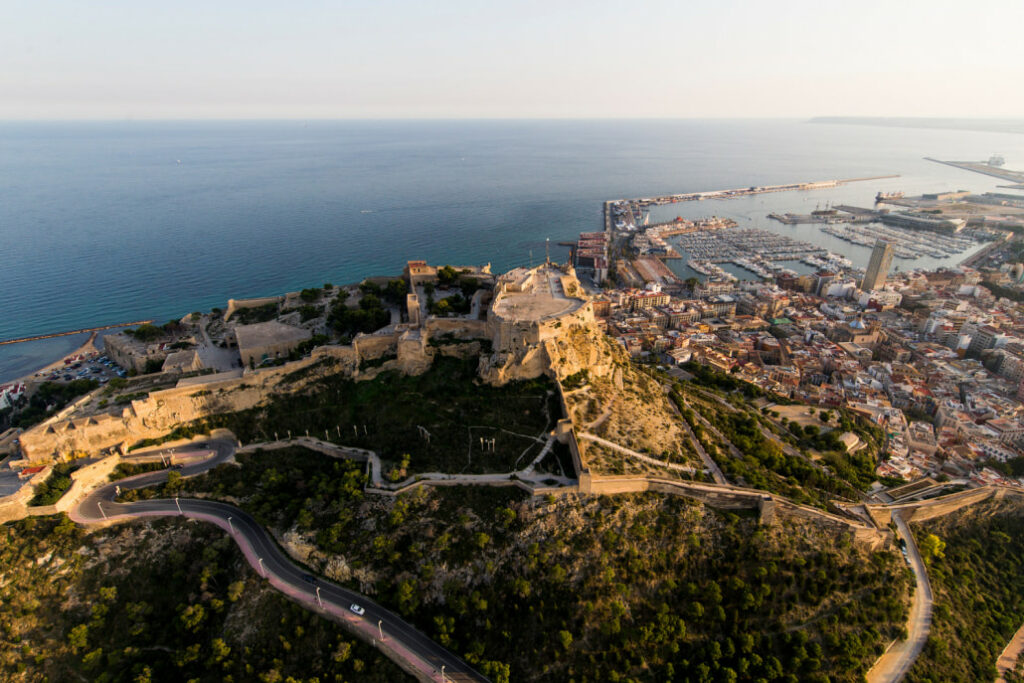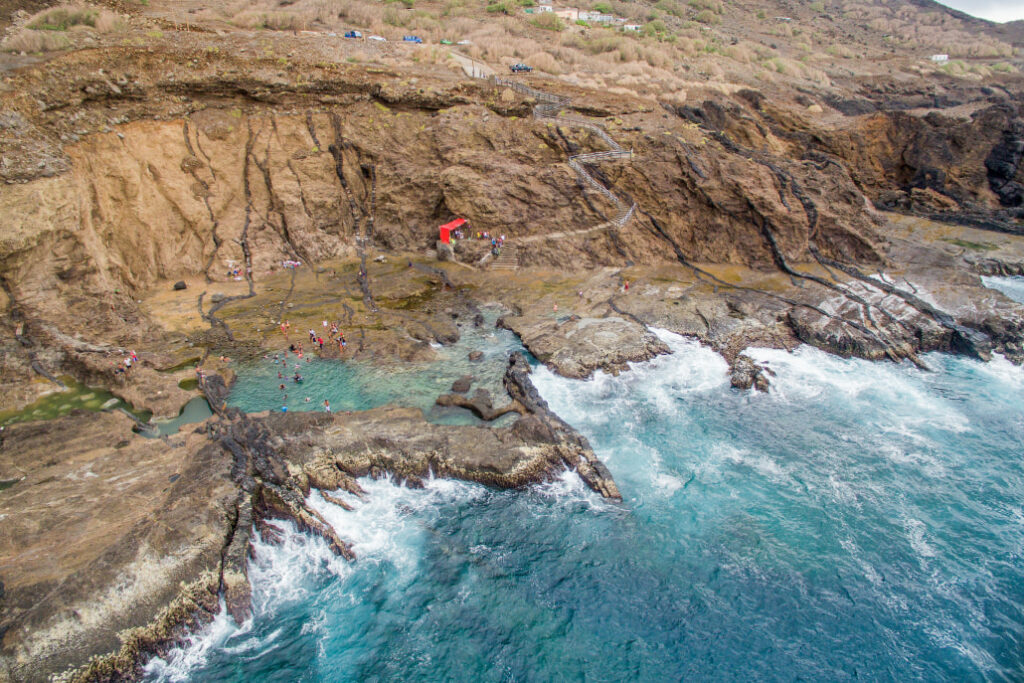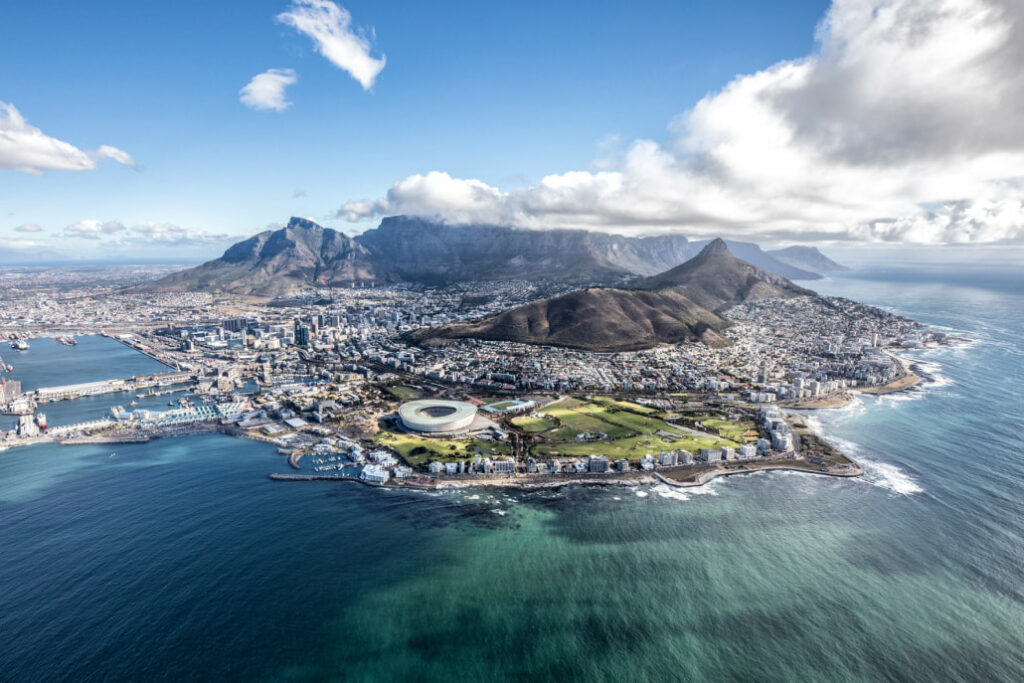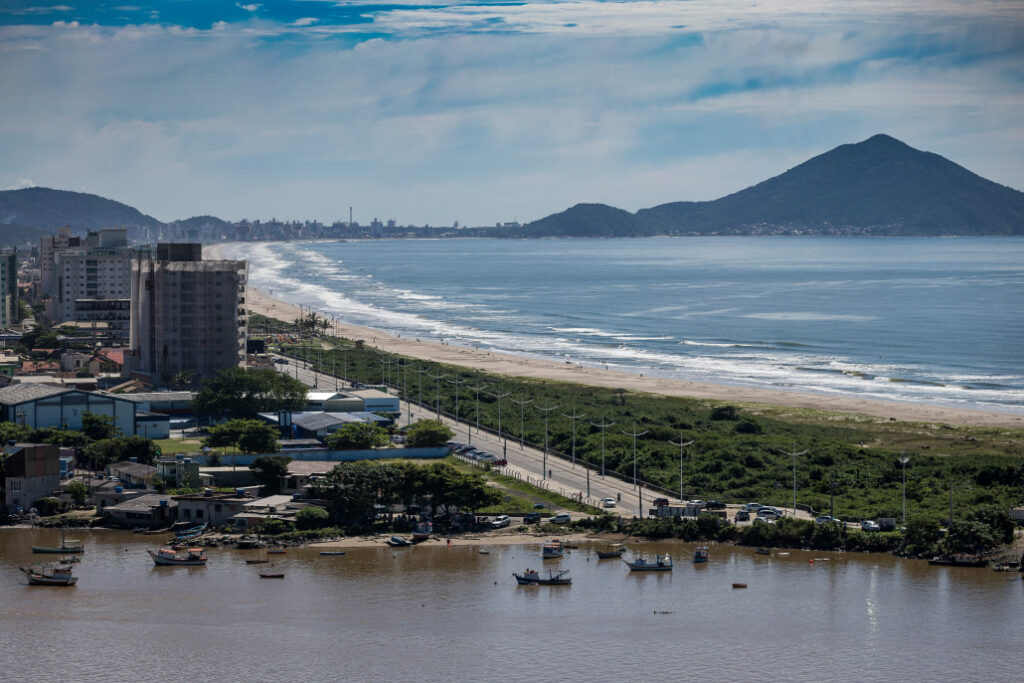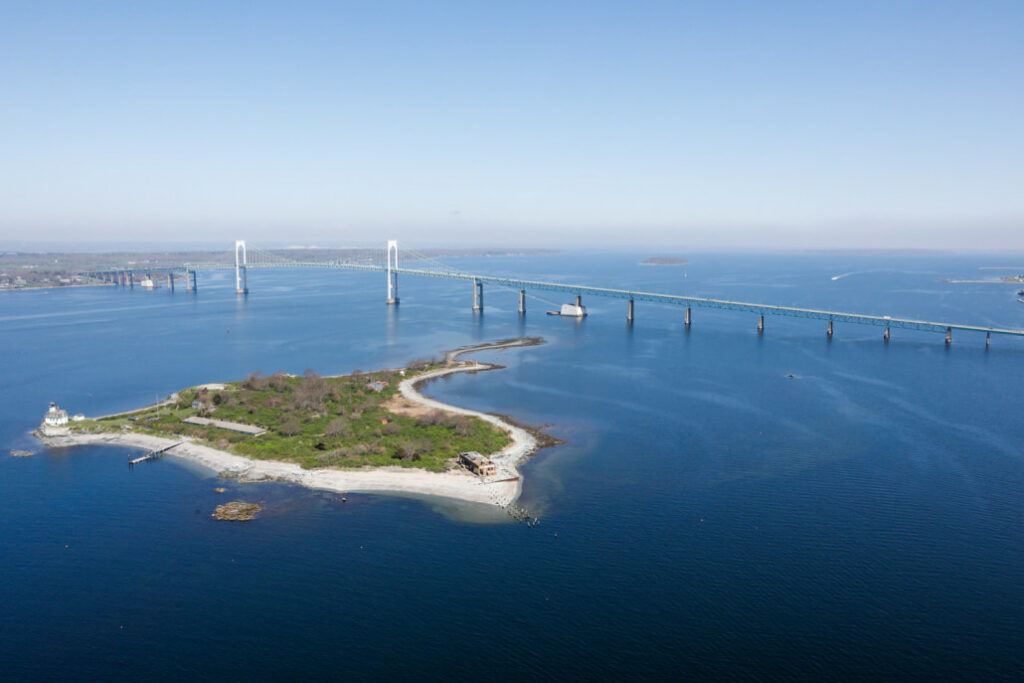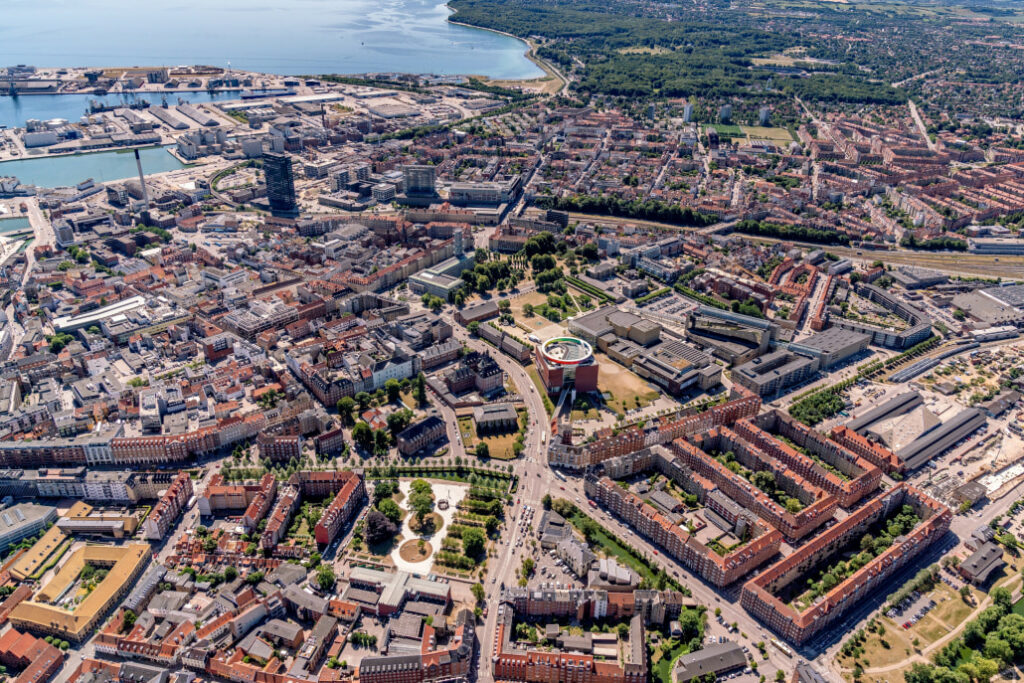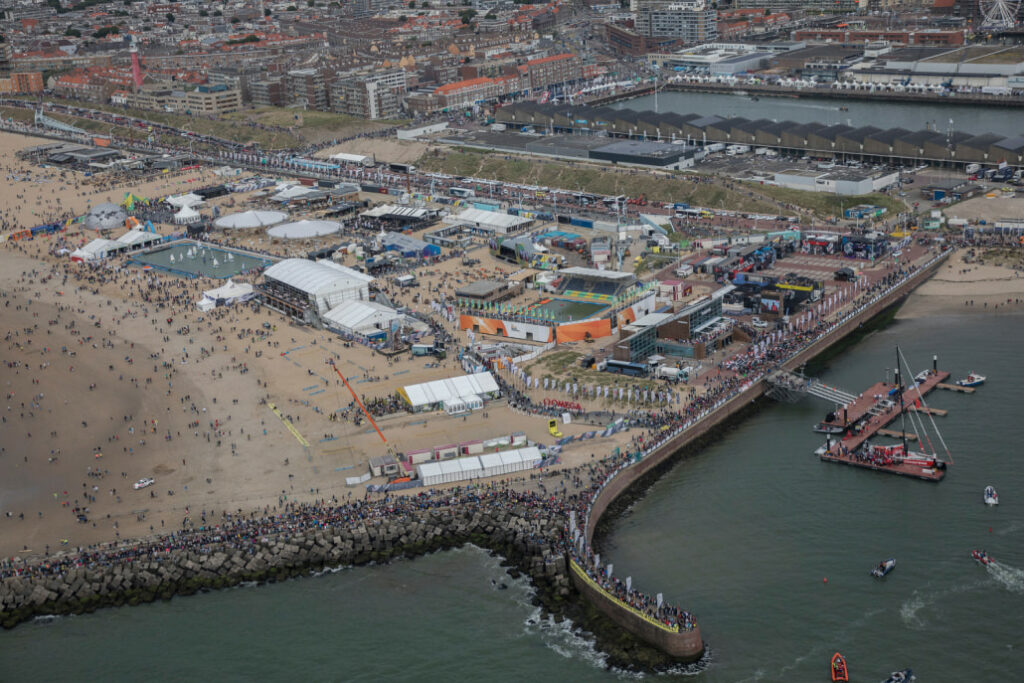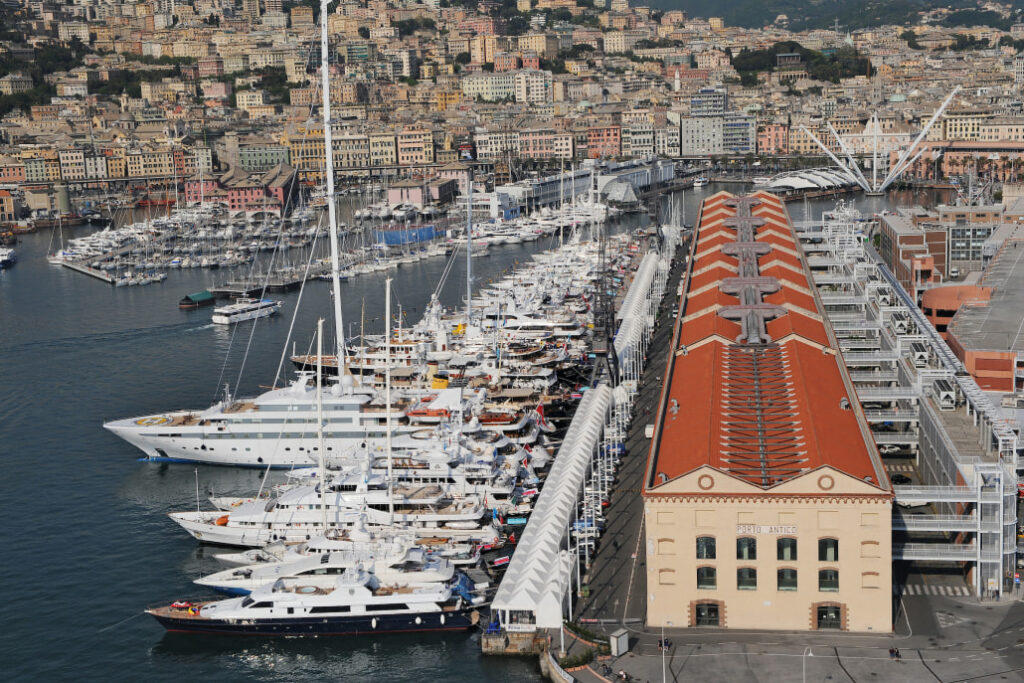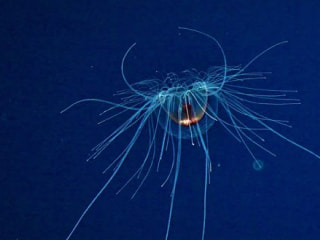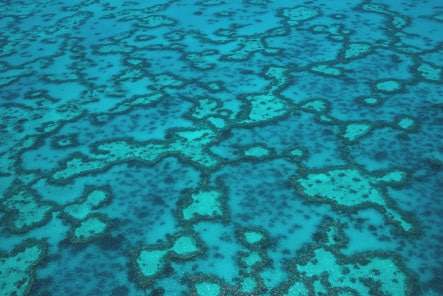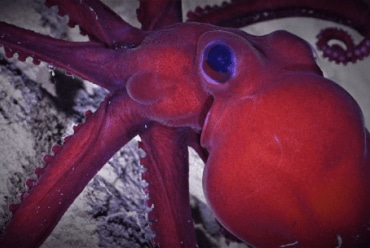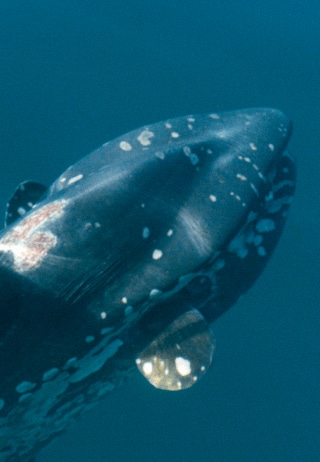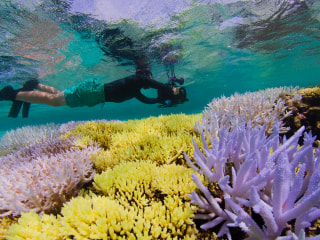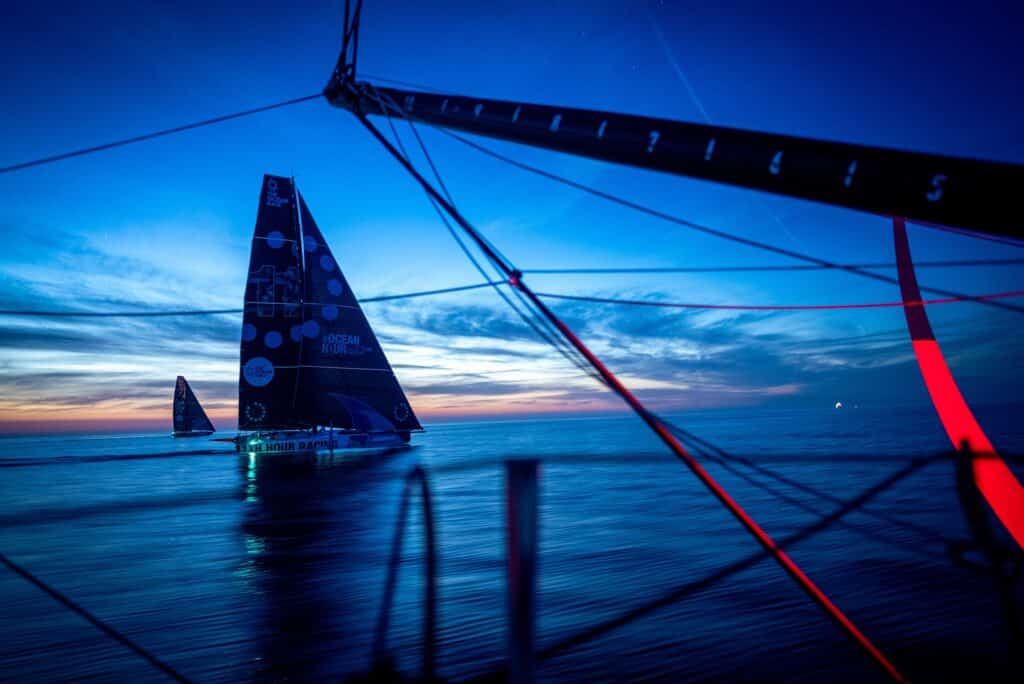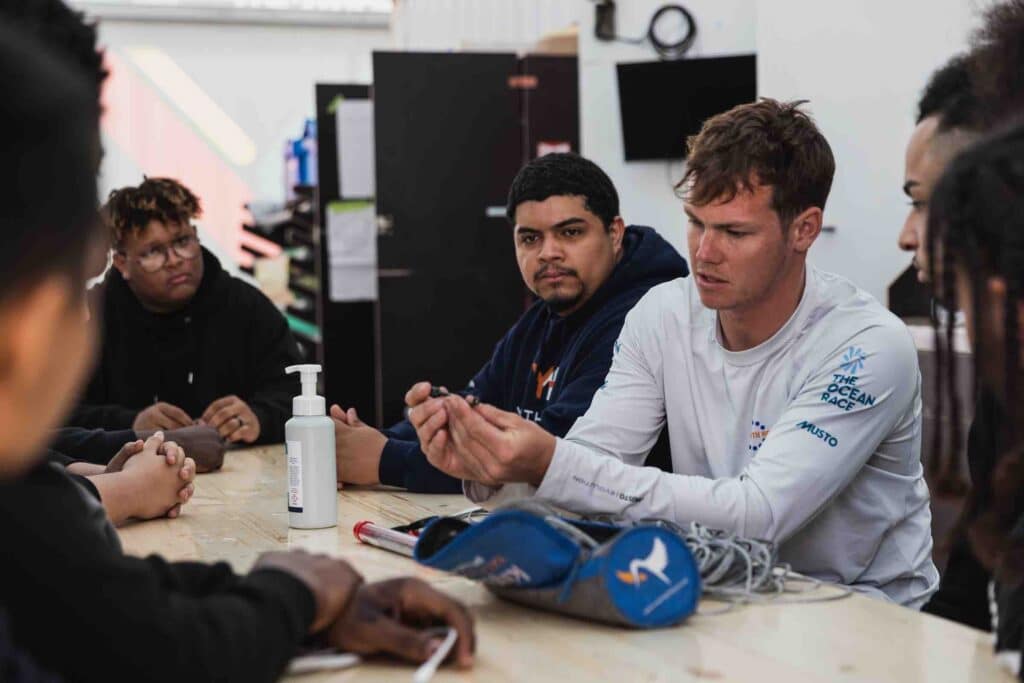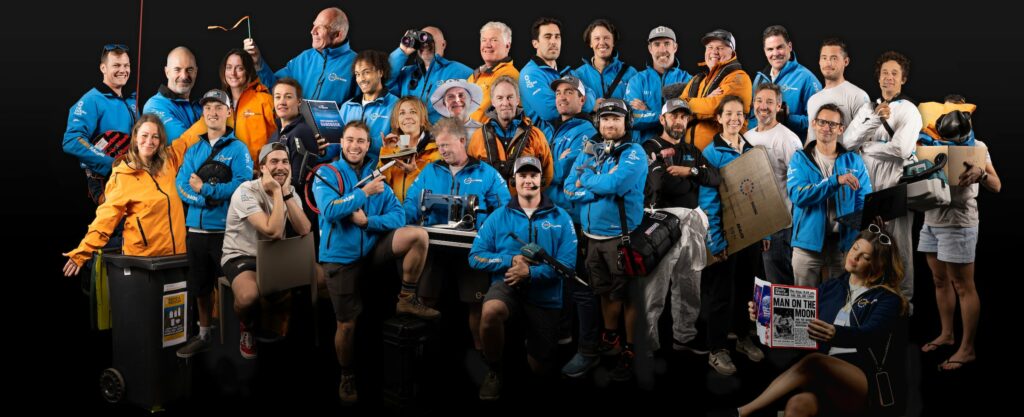Racing around the world
The Ocean Race pushes sailors to their limits. It is renowned for being the longest and toughest test of a team in professional sport. Spanning several months, this global race covers thousands of nautical miles, the race confronts the teams with unpredictable weather conditions, treacherous seas, and isolated, harsh environments. It is famously known that ‘Point Nemo’ in the treacherous Southern Ocean is the most isolated location on earth, where the sailors are closer to the astronauts in the International Space Station than anyone on land.
Those who take part in this grueling adventure are often pushed to the limits of physical and mental exhaustion, as their lives are put on hold in the pursuit of the elusive Ocean Race trophy.
To win The Ocean Race – often a lifelong dream for those who dare participate – takes exceptional teamwork. Success requires the ability to make split-second decisions, cope with pressure, adapt swiftly to changing circumstances, and above all keep improving. As our Skipper Charlie Enright said, “the team that wins The Ocean Race won’t be the best team on the starting line, it will be the best team on the finish line”.
Overall, winning the ocean race provides a unique opportunity to capture the world’s attention and use that platform to advocate for sustainability and inspire positive changes for the protection of our oceans and the planet as a whole.

